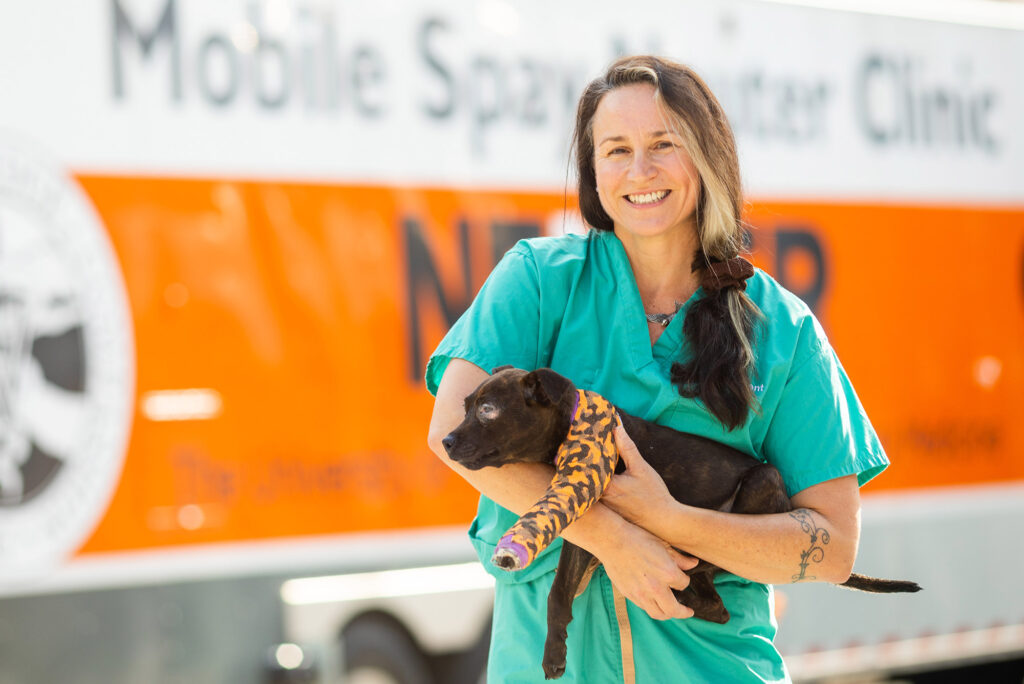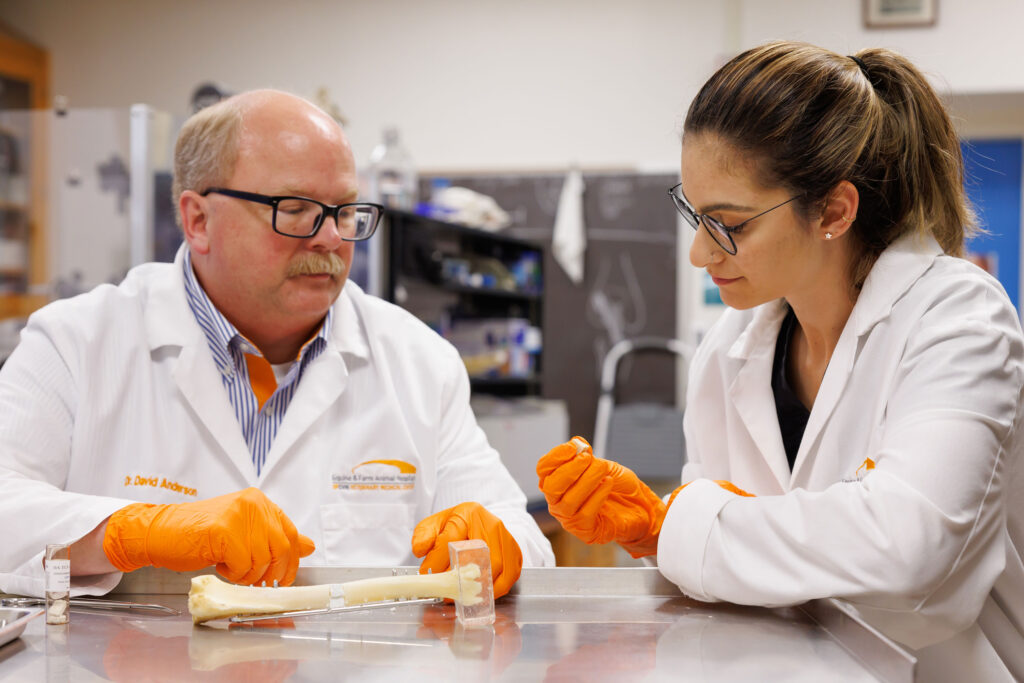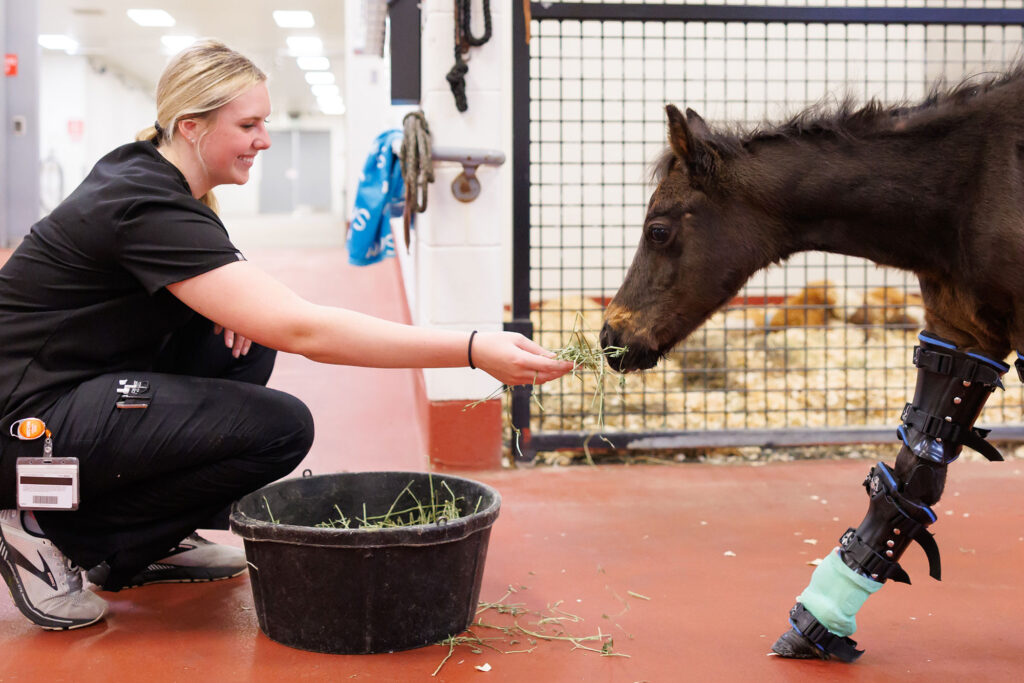Area of study
Veterinary programs
If you are passionate about caring for the world’s creatures, then consider studying a veterinary medicine program at UT. The learning opportunities you’ll have access to—whether you’re taking the first steps toward pursuing a veterinary degree or ready to dive into veterinary medicine—are top ranked. UT is one of only 33 accredited colleges of veterinary medicine in the nation and is a leader in veterinary social work. As a student here, you might take an MRI or CT scan of a tiger. Perhaps you’ll analyze the behavior of someone’s beloved pet dog. Certainly, you’ll learn from internationally recognized veterinarians whose expertise is sought after from national parks, zoos, and more!


Your future as a professional
Alumni with a degree from a UT veterinary medicine program have multiple career opportunities.
What you can do with a degree in a veterinary program:
Veterinary & animal science careers
- Behavior/training
- Breeder
- Food safety, inspection, and security
- Laboratory animal medicine
- Public health
- Surgery
- Veterinarian
- Avian, exotic, and zoological medicine
- Equine medicine
- Small animal care
- Large animal care
- Wildlife management
Potential employers
- Animal food companies
- Aquariums and zoos
- Government agencies
- Pharmaceutical companies
- Rescue organizations
- Wildlife sanctuaries
Where you’ll study
Veterinary and animal science programs can be found in three colleges: the College of Veterinary Medicine, the Herbert College of Agriculture, and the College of Arts and Sciences. Undergraduate students can pursue a pre-veterinary degree in the College of Arts and Sciences and animal science with a concentration in veterinary science through the Herbert College of Agriculture. Through the College of Veterinary Medicine, graduate students can pursue veterinary medicine in programs like public health and comparative and experimental medicine. Graduate students can also pursue veterinary science programs through the Herbert College of Agriculture.


I came to UT because of the human-animal bond emphasis. Plus, not many universities offer a veterinary public health specialization. People don’t realize public health veterinarians are around until something goes wrong. We’re so often behind the scenes that no one knows how important we are to public health and the food supply.
Taylor
(’17)
Veterinary public health
Find programs in this Area of Study
Explore other Areas of Study
- Agriculture and natural resources
- Architecture and design
- Art and performance
- Business
- Communication and information sciences
- Education
- Engineering, math, and computers
- English and literature
- Health, wellness, and human sciences
- Languages, cultures, and humanities
- Law and justice
- Science
- Social science and social work
- Veterinary


